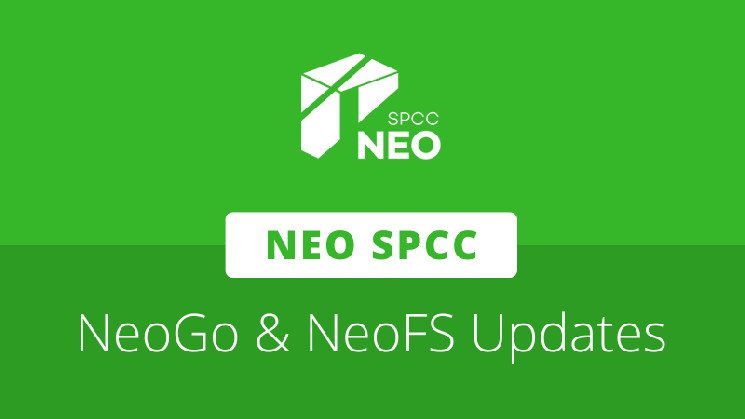Neo SPCC has recently made updates to its core products and services, including NeoGo and NeoFS components. The latest NeoGo release, following v0.107.1, includes improvements for NeoFS-based block synchronization and fixes for hanging issues during request retries. Additionally, a new experimental feature, RemoveUntraceableHeaders, has been added to reduce the database size by not storing block headers beyond a certain setting. While this update does not require node operators to resynchronize, NeoGo users should take note of default values added to the NeoFSBlockFetcher service.
The NeoFS Node has also undergone upgrades to version v0.44.0, introducing a high-performance FSTree writer and new utility commands. Two patch releases, v0.44.1 and a subsequent minor release, addressed issues with local object PUT operations, concurrency limits for notification handling, false negatives on object PUT, metabase resynchronization failures, and config validation errors. The minor release specifically addressed node startup failures related to metabase migration completion.
The NeoFS REST Gateway serves as an interface for developers to interact with the NeoFS protocol, simplifying integration into various applications. The v0.11.1 update focused on bug fixes, improving HTTP code responses, resolving requests hanging after incorrect container creation, and ensuring adherence to network setting changes. Developers running their own REST Gateways are encouraged to upgrade to benefit from these corrections.
In an effort to improve the speed of blocks for NeoFS, Neo SPCC plans to transition public NeoFS networks to have lower block times. Following successful benchmark tests, a one-second block time has been selected as the new standard for on-chain actions like container creation and EACL modification. This adjustment was delayed until work on the NeoFS BlockFetcher service was completed to ensure compatibility with the new block time requirements. Despite seeing significant growth in container numbers and data on the NeoFS MainNet, recent simplifications to NeoFS interactions through tools like Panel and the REST Gateway aim to further enhance user and developer experiences.
Overall, Neo SPCC’s updates across NeoGo, NeoFS Node, and REST Gateway demonstrate the team’s commitment to enhancing the performance and usability of their core products. With improvements in block synchronization, database size management, bug fixes, and simplified interactions for developers, Neo SPCC is focused on making NeoFS more accessible and efficient. As the team continues to evolve their technology and address user feedback, the future looks promising for NeoFS and its potential impact in the blockchain space.

